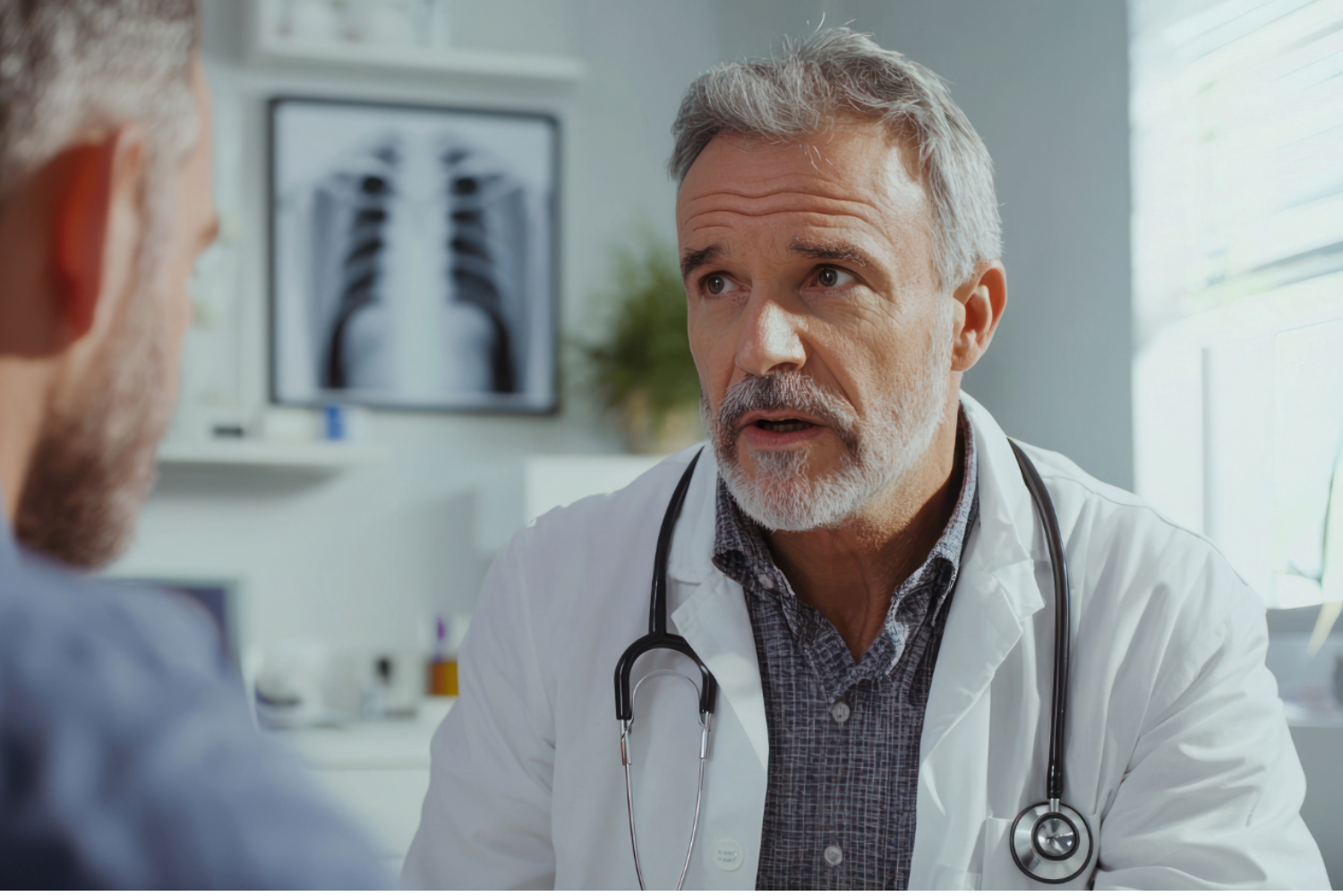News
Will Cook: How we prevented a surge

Our Valley has shifted from a hotbed of COVID-19 cases in March to nearly zero hospitalized patients today. That is a powerful step in the right direction and credited to our collective efforts being ahead all along.
We didn’t just flatten the curve in Vail, we prevented it. Our community took an aggressive approach early, and it has made it very manageable for our hospital now -- not only by reducing the total number of COVID-19 cases, but by spreading them out considerably over time.
We literally have one active COVID-19 patient in our hospital right now. Our inpatient volumes continue to drop, meaning that the severity in cases locally has decreased significantly in the past month. We have not had to place a patient on a ventilator since March 27, and five critical care nurses were recently deployed to support hospitals down in Denver.
We have experienced a decrease in COVID-19 positive tests from 35% to 7%, and our case fatality rate is less than 1%. While it is heartbreaking that we lost even one person to this virus, our rate is significantly lower than the 5% rate at the national level.
This is a tremendous achievement, and the story of how we got here is important. Our situation could have had a very different outcome overall if it wasn’t for the quick cooperation of our community and for the leaders and business owners that made tough economic decisions early-on. We are eternally grateful to everyone in this community who made these life-saving decisions and corresponding sacrifices.
Beyond being an international mountain destination attracting guests from all over the world, a primary reason we have so many positive test results is that we began testing earlier and more than anyone in the U.S. This included opening one of the nation’s first drive-thru testing facilitiesin Gypsum on March 7.
We’ve already tested nearly 5% of our Valley population, which is 2-10 times higher than most communities. Instead of following CDC restricted testing guidance, which limited testing to those who recently traveled to China, we assumed COVID was here early in January due to our international travel. This decision allowed us to move into action before we were told to. We continue to test more aggressively and broadly than any community in America.
The tough decisions our local leaders and community partners made in mid-March in terms of closing the ski resorts, hotels, and businesses was another game-changer, and it has allowed us to look ahead to a more normalized way of life sooner. Closing the resorts removed approximately 75% of the population in the Valley, which significantly slowed down the spread and decompressed the healthcare system almost overnight.
Being an independent health system governed by a local volunteer board of directors enabled Vail Health to keep our local community as the number one priority, make key decisions early, collaborate w/ public health quickly and take action before others. As a rural area, we are very fortunate to have a fully integrated healthcare system from Colorado Mountain Medical to the hospital, cancer care, renowned orthopedics and now Eagle Valley Behavioral Health. This integrated system allowed us to be nimble and adjust operations across all service units quickly and efficiently, as needed.
We began preparing in January for both a growing need for personal protective equipment (PPE) and for a potential surge. The result was that we did not experience PPE shortages, and in fact, we were able to provide some of our PPE supplies to many organizations across Colorado that were in need.
Our goal has always been to prevent the healthcare system from being overwhelmed, and we’ve done that incredibly well here in Vail. We can’t all stay at home until there is a vaccine or more broadscale testing. We have to come to grips with the fact that we cannot fully stop or prevent COVID-19 until we have a vaccine. Alongside our local and state health officials, we are beginning to explore how to reopen under a new normal while ensuring limited transmission and protecting the most vulnerable.
As a mountain community microcosm, our Valley is ready to help lead and navigate into the new normal. We have the testing infrastructure in place. We have the healthcare and public health infrastructure in place to rapidly isolate cases and quarantine contacts. We have a community of nonprofits, governments, businesses, and residents that know how and like to work together. We’ve had great practice in meaningful collaboration over the past two years in responding to our behavioral health crisis.
This Valley is a premier year-round mountain destination, and our Valley’s collective reaction to COVID-19 is a prime example of how we live up to that world-renowned reputation. Preparation and collaboration have enabled us to protect our Valley. We are ready for what’s next.
Will Cook Vail Health President and CEO
More News
-
New!
More

Screening Secrets: What Every Man Should Know About Prostate Cancer Screening
Prostate cancer is the most common type of non-skin related cancer in men, and it is the second leading cause of cancer-related deaths in men within the United States, behind lung cancer. Fortunately, if caught early, prostate cancer remains highly treatable and curable with minimally invasive procedures.
-
New!
More

Unplug to Recharge: Why a Digital Detox Is the Real Power Move for 2026
Our phones promise connection, convenience and control, yet most of us feel more scattered, stressed and sleepless than ever. The constant pings, scrolls and notifications have rewired our brains for distraction. The fix? Not abandoning technology altogether, but reclaiming balance.
-
New!
More

Beyond the Scale: Why Nutrition and Exercise Work Better Together
For decades, weight loss advice has been distilled into a simple equation: calories in, calories out. Eat less, maybe combine that with exercise, and the pounds will fall away. But according to experts at Vail Health, that equation overlooks a much bigger picture.





